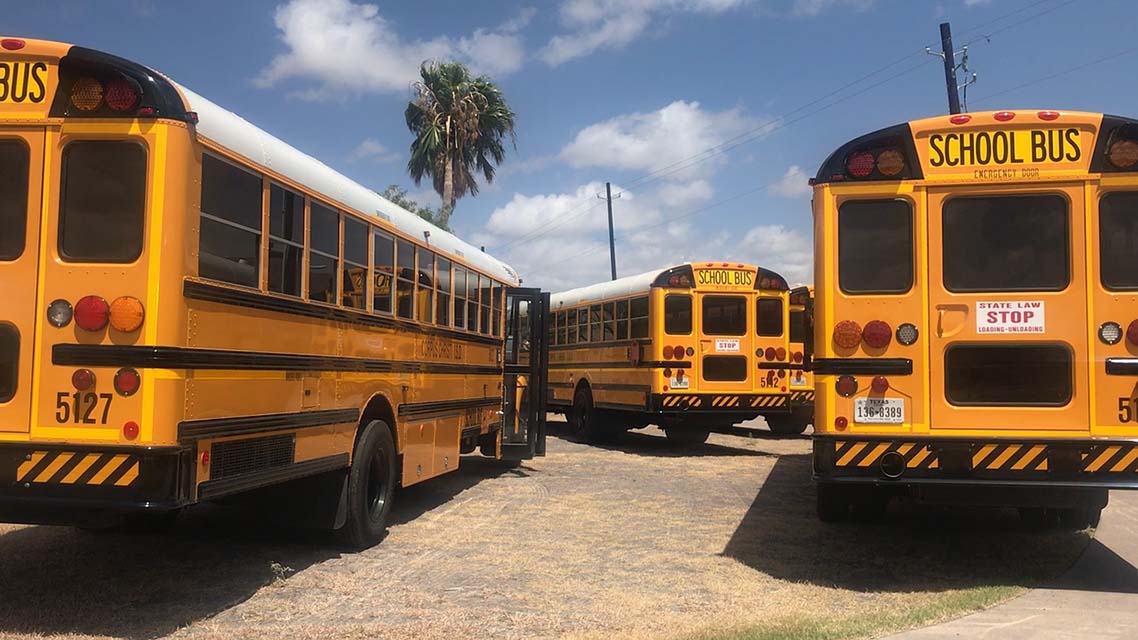PHOENIX – Gov. Doug Ducey is sitting on $59 million in unexpected cash.
Now he needs to figure out how to spend it within the confines of the strings attached.
And given the current thinking among his top staffers, the beneficiaries could be school districts seeking to replace their fleet of aging buses.
The windfall comes from the decision by Volkswagen last year to settle a nationwide lawsuit over the sale of “clean diesel” vehicles being marketed under the VW, Audi and Porsche labels. It turns out they had a “defeat device,” programmed to go into a low-emission mode during testing but then spew out pollutants at much higher – and illegal – levels when actually on the road.
VW eventually pleaded guilty to three felonies, including defrauding the U.S. Environmental Protection Agency, and agreed to $4.3 billion in penalties and another $4.9 billion to address pollution from the supposedly low-emission diesel vehicles.
Arizona’s share of that is about $59 million.
But this isn’t unrestricted cash. It has to be spent on projects to reduce emissions of oxides of nitrogen, the very pollutants that the VW vehicles were spitting out above permissible levels.
Some groups already have come forward with suggestions.
For example, Airlines for America, a group that lobbies for the airline industry, wants the dollars used to convert ground equipment at airports to all-electric vehicles.
Southwest Gas proposes converting vehicles to use natural gas.
And both the Alliance of Automobile Manufacturers and General Motors suggest having the state erect a network of electric vehicle charging stations, a move that would promote the sale of more electric vehicles, most of which can’t go on long trips because of limitations on battery charges.
“I would say it’s one of the ideas that’s been presented,” said gubernatorial press aide Daniel Scarpinato.
“It’s one that we’re open to,” he said, what with Ducey signing an accord with officials from seven other Western states to create an “intermountain electric vehicle corridor” along major interstate highways.
But that idea – and the others – are likely to be replaced with something a bit more low-tech.
“The governor’s perspective, as it is really on most things involving the budget, is he wants to see as much of the dollars get to our K-12 system as possible,” Scarpinato said.
“One need we know exists is that we have aging school buses and that there are school buses that need to and are going to be replaced,” he said. “So we do see a potential nexus here where we could really help K-12 and our public schools deal with those issues and provide some additional dollars through this settlement.”
Not just any school bus will do. It will have to be cleaner than the one it replaces, specifically in those nitrogen oxide emissions.





